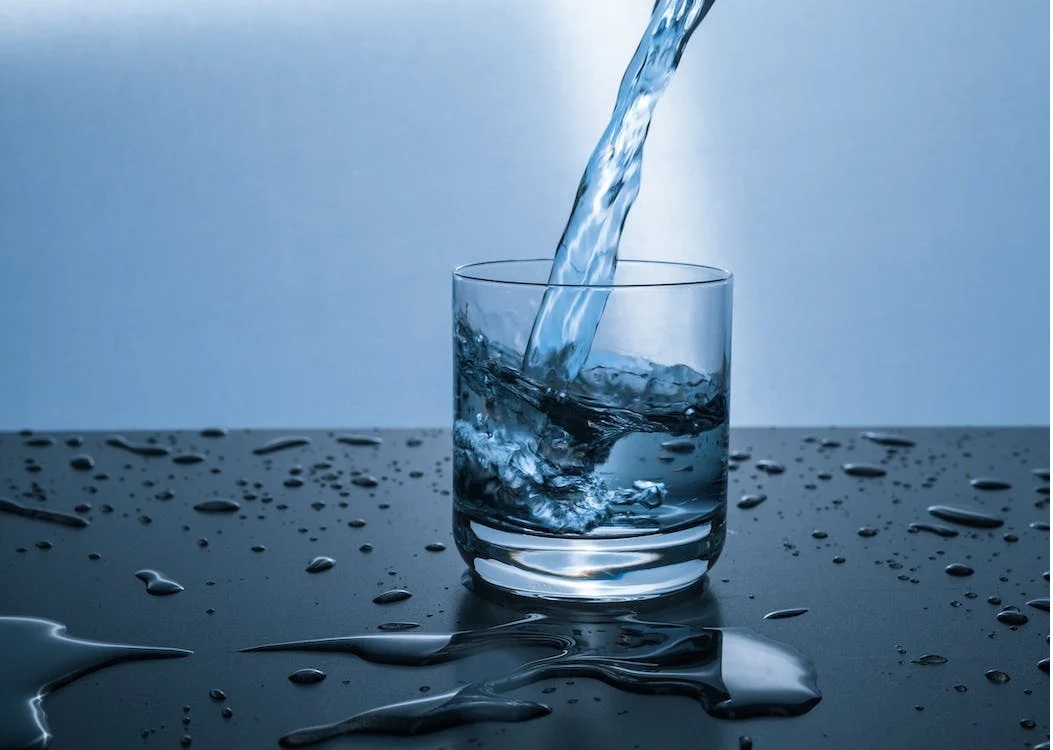The Imperative of Water Conservation in Daily Life: A Comprehensive Approach to Sustainable Living
Introduction:
Water, the elixir of life, is an invaluable resource that sustains all forms of life on our planet. As the global population burgeons and climate change intensifies, the need for water conservation has become more urgent than ever. In our daily lives, we often take water for granted, assuming an endless and uninterrupted supply. However, we must recognize the finite nature of this resource and adopt measures to conserve it. This essay explores the myriad ways in which individuals can contribute to water conservation in their daily lives.
Understanding the Importance of Water:
Water is not only essential for human survival but also plays a pivotal role in ecosystems, agriculture, and various industrial processes. The Earth, despite being predominantly covered in water, has only a small percentage of fresh water available for consumption. With increasing population pressure and industrialization, the water demand has skyrocketed, leading to over-extraction from rivers, lakes, and underground aquifers. Consequently, water scarcity has become a pressing global issue, affecting millions of people and ecosystems worldwide.
Ways to Save Water in Daily Life:
- Efficient Water Use in Household Chores: a. Reducing Shower Time: Shortening shower durations can significantly reduce water consumption. Consider using a timer to monitor and gradually decrease shower time. b. Fixing Leaks: Leaky faucets and pipes contribute to water wastage. Regularly check and promptly repair any leaks in your household plumbing. c. Using Dishwashers and Washing Machines Wisely: Wait until you have a full load before running your dishwasher or washing machine. This maximizes the efficiency of water use.
- Water-Saving Appliances and Fixtures: a. Installing Low-Flow Faucets and Showerheads: These fixtures reduce water flow without compromising functionality, leading to substantial water savings. b. Opting for High-Efficiency Toilets: Modern toilets are designed to use less water per flush. Upgrading to a high-efficiency toilet can significantly decrease water consumption.
- Landscaping Practices: a. Xeriscaping: Designing gardens with native, drought-resistant plants minimizes the need for excessive watering. b. Mulching: Applying mulch around plants helps retain soil moisture, reducing the frequency of irrigation.
- Rainwater Harvesting: a. Collecting Rainwater: Install rain barrels to collect rainwater, which can then be used for watering plants or other non-potable purposes.
- Mindful Consumption Habits: a. Limiting Bottled Water Usage: Bottled water production and disposal contribute to environmental degradation. Use reusable water bottles and invest in water filtration systems for clean drinking water. b. Reducing Meat Consumption: The production of meat requires substantial water resources. Adopting a more plant-based diet can indirectly contribute to water conservation.
- Educational Initiatives: a. Raising Awareness: Education is a powerful tool for change. Promote water conservation awareness in schools, workplaces, and communities to inspire collective action.
- Industry and Agriculture: a. Promoting Sustainable Practices: Encourage industries and agricultural practices to adopt water-efficient technologies and sustainable irrigation methods.
- Policy Advocacy: a. Supporting Water Conservation Policies: Advocate for and support policies that promote responsible water use at local, regional, and national levels.
Conclusion:
In conclusion, water conservation is a responsibility that extends to every individual. By implementing simple yet effective changes in our daily lives, we can collectively contribute to a more sustainable and water-secure future. We must recognize the finite nature of water resources and adopt a holistic approach to conservation, considering not only personal habits but also advocating for systemic changes. Through education, awareness, and conscious choices, we can ensure that water remains a plentiful resource for generations to come.

